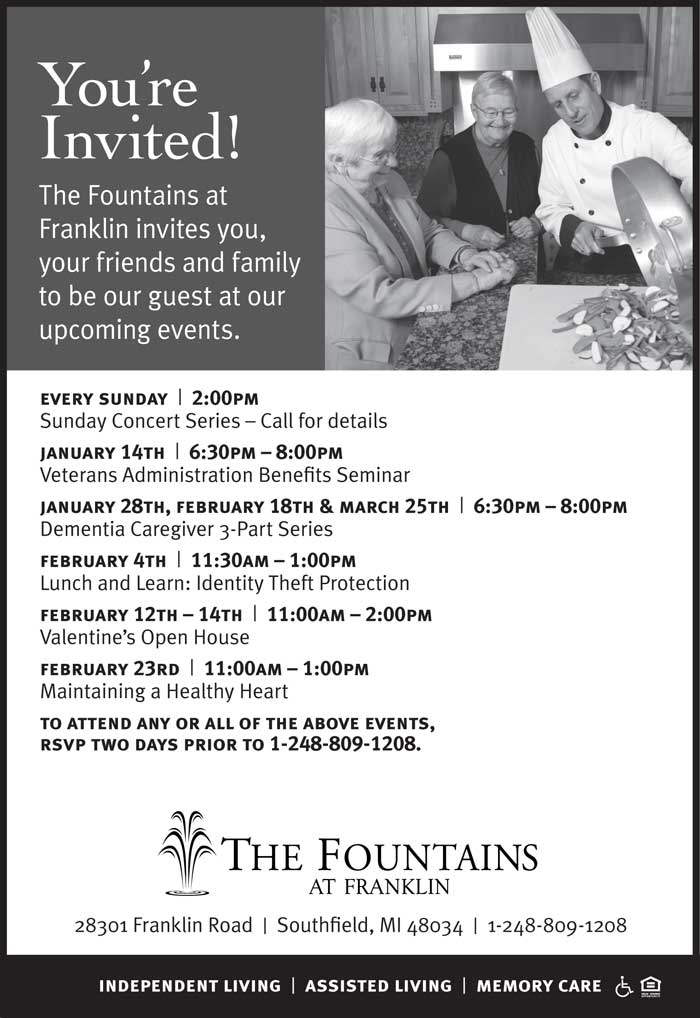
Laurence John Fishburne III has come a long way since that day in 1973 when he auditioned for the part of Michael Evans (“the militant midget”) in a new Black sitcom called “Good Times.”
Although Fishburne was initially cast, the part ultimately went to Ralph Carter. The 12-year-old was disappointed but he moved on and hasn’t looked back.
Fishburne’s decades-long career is a prime example of skill, consistency and versatility — a combination that all but guarantees lasting success once there has been a breakthrough.
For Fishburne, diversity in role acceptance is essential for keeping everything fresh for him as a performer.
“I play characters,” said Fishburne. “I don’t play the same guy every time. I show up, you don’t know what I’m gonna do. I like it that way. I’ve intentionally tried to do it that way. I think that’s what’s interesting.”
Is he one for doing extensive research in preparation for a role?
“IT DEPENDS on the part, but mostly it’s intuition, script and really what’s going on in the moment,” he said. “It’s the present moment that’s important for me.
“If you’re playing a real person, then you want to do a certain amount of research, but that’s only going to be so useful to you. Each role requires a different approach to get ready.”
Fishburne has described himself as being “open to a lot of different things.”
Fishburne, who was born in Augusta, Georgia, in 1961, was hired for his first job on the daytime drama (or “soap opera,” if you prefer) “One Life to Live.”
THAT WAS an important childhood role, but the one that drew the most attention for Larry was the film “Cornbread, Earl and Me.”
As a teenager in 1979 he had the good fortune to secure a role in the monumental “Apocalypse Now,” produced and directed by the legendary Francis Ford Coppola.
In that film he found himself working with such heavyweights as Marlon Brando, Harrison Ford, Martin Sheen and Robert Duvall. That was pretty heady stuff for a 17-year-old and the impression was lasting, as was being directed by Coppola
“As an actor, Coppola trained me,” said Fishburne. “That was my training ground. I took a lot from him as a filmmaker, and I’ve learned things from every filmmaker I’ve ever worked with, and will hopefully apply them as I make films in the future.”
Laurence Fishburne is one of the relatively few actors about whom it could be said that he has never given a bad performance, or even a mediocre one.
That has much to do with innate talent and a strong work ethic, but also the ability to choose good scripts and make movies that will make a strong and lasting impact.
FISHBURNE HAS no problem working with new directors, provided they have the necessary skills as well as vision. But even so, as he put it, “For me, it’s always mainly about the material.”
Laurence Fishburne, whose name has “marquee value,” has been featured in a long string of successful films.
Consider: “Mission Impossible III,” “Man of Steel,” “School Daze,” “Akeelah and the Bee,” “The Cotton Club,” “Fast Break,” “Apocalypse Now,” “The Color Purple,” “Othello,” “King of New York,” “Boyz n the Hood,” “Death Wish II,” “What’s Love Got To Do With It?”
And that’s just part of the story.
IT IS LIKELY, though, that Fishburne is best known for the “Matrix” series of science fiction action adventure films in which he portrays Morpheus — “The Matrix,” “The Matrix Reloaded,” “The Matrix Revolutions.”
Fishburne’s face and name are nearly as familiar to television viewers. That is due to 61 episodes of “CSI: Crime Scene Investigation” as Dr. Raymond Langston, along with guest appearance on such ratings winners as “Miami Vice,” “Hill Street Blues,” “CSI: NY,” “Spencer: For Hire,” “M*A*S*H,” “CSI: Miami” and “Trapper John, M.D.”
And let us not forget, in an extreme departure from the kinds of things he is known for, Fishburne, in 1986-87, did five episodes of “Pee-wee’s Playhouse” as “Cowboy Curtis.”
Fishburne, a graduate of Lincoln Square Academy in New York, has impressive stage credentials as well, including “The Lion in Winter,” “Fences,” “Thurgood” and “Without Walls.”
IT WAS his mother, Hattie Bell Fishburne, who urged him at a very young age to audition for plays. He recalls that the first one he appeared in only paid $10 per week. Still, it got his foot in the door.
Hattie Bell Fishburne was a junior high school science and mathematics teacher. Laurence John Fishburne Jr. was a juvenile corrections officer.
Over the course of his career Laurence Fishburne has been nominated for an array of major awards, including the Oscar in the Best Actor in a Leading Role category for “What’s Love Got To Do With It?” (His co-star, Angela Bassett, was also nominated.)
He won an Emmy for his work in “TRiBeCa: The Box” as Outstanding Guest Actor in a Drama Series, and two NAACP Image Awards: Outstanding Lead Actor in a Television Movie or Miniseries for “Miss Evers’ Boys” and, in the same category, for “The Tuskegee Airmen.”
In addition, he won a Tony Award for the stage production “Two Trains Coming” as Best Actor in a Featured Role.
Laurence Fishburne — friends call him “Fish” — lives in Hollywood and New York City. — Steve Holsey contributed to this story.